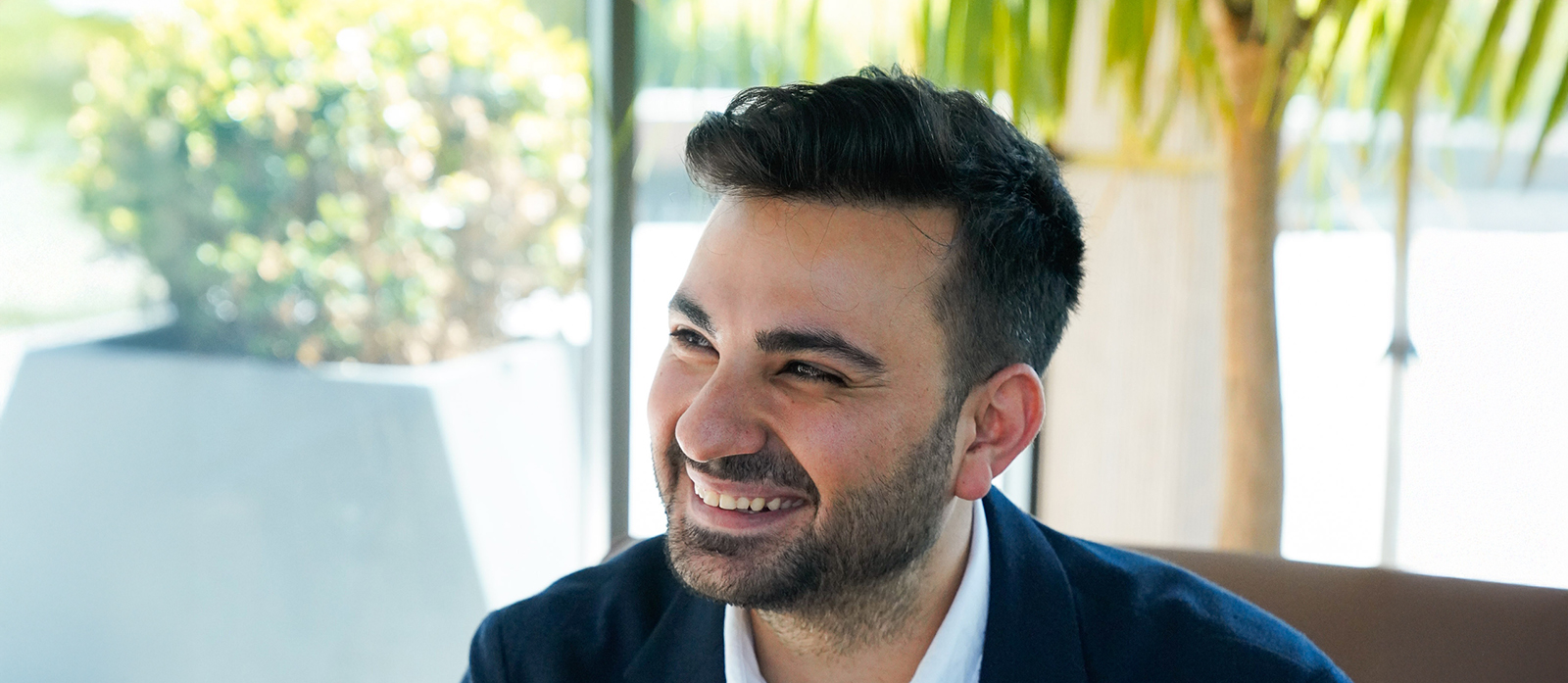
CAN WE BENEFIT FROM PARADOXES?
Cass Business School, one of City, University of London’s five schools, is among Europe’s leading business schools and in the global elite of business schools that hold the gold standard of ‘triple-crown’ accreditation. Embracing the motto “Extraordinary calling”, the school enables leadership through knowledge creation, education, and community partnerships.
On 19 September 2018, Ferko Signature managed by Assembly hosted Cass Business School Turkey and Neighbors’ Regional Alumni Gathering. We found a chance to have a talk with Prof. Marianne Lewis, Dean of Cass Business School, on paradox approach and the traits of a true business leader. Prof. Lewis sums up these traits mainly as four: courage, humility, discipline, and agility.
Interview: Elvin Vural
Can we benefit from paradoxes? If yes, how?
Yes, most certainly. A paradox approach shifts our underlying assumptions surrounding problems and enhances our problem solving and decision-making skills. Compared to a traditional either/or approach, a paradox approach poses that when faced with a tension or dilemma –a choice between competing even contradicting options– we push to explore both options and start asking questions like what is the greatest value of the opposing elements? How might a one-sided focus prove problematic? What would ‘too much of a good thing’ mean in practice? And how might these options be developed together?
Can we learn how to be a leader? Or is it a talent we are born with?
I firmly believe that leadership can be developed. Building on our strengths, we can learn to lead in ways that fit our nature capabilities, while forming teams (to complement) and developing ourselves (to supplement) areas in which we might be lacking.
What are the qualities of a true leader?
Literature on leadership is one of the vastest in the field of management so the developed and largely tested list of leadership qualities is long. Yet I would prioritize sets of paradoxical traits that enable leaders to succeed and build resilience: courage (strength to be bold in setting vision and taking decisions) and humility (awareness of own, others’ and organization’s limitations to foster collaboration); discipline (to seek evidence, rigor and firm values that sharpen focus and serve as guides) and agility (flexibility and openness to change when executing plans as new information and changes will arise continuously).
Which one do you prefer; online education or traditional/class-based education?
I value both. Traditional class-based education is vital given the power of interactions and collaborative learning. If managed well, students will learn as much from each other as the professor, particularly through hands-on exercises, provocative debate, cohort building activities and insightful case studies. Likewise online education expands the reach, preparation and ongoing potential of learning. Leveraging the rapid growth of online resources and technological capabilities, students and faculty can move beyond classroom constraints. Indeed my preference is to make the most of both, and exemplars of blended learning demonstrate that potential.
Could you please tell us about a difficult decision you had to make in terms of your leadership duties?
As a dean, I find that my most difficult decisions arise at the level of vision. I face, as do all leaders, varied and even conflicting demands of critical stakeholders – in the case of business schools, from faculty, students, university leadership, government regulators, alumni and corporate partners. Setting, communicating and executing a vision requires building an ‘umbrella’ that leverages your organization’s most valued advantages while meeting varied demands. Yet if you are all things to all people, you are nothing to no one. Vision requires clarity of focus and purpose. Some people will always be disappointed by a sharp vision, but at least they know and can choose whether to support and engage. Those who remain can then focus on achieving the collective ambition. Easier said than done, but I believe this must be the end goal.
Do co-working spaces, like Assembly, make business models more effective?
They can if the business is purposeful in how they make the most of the space. Co-working spaces can be particularly effective when they serve as a hub for both quiet, individual work and a venue to convene and enable collaboration. The variety of people working in the space can also spur creativity and serendipity as individuals learn from others in new ways.




